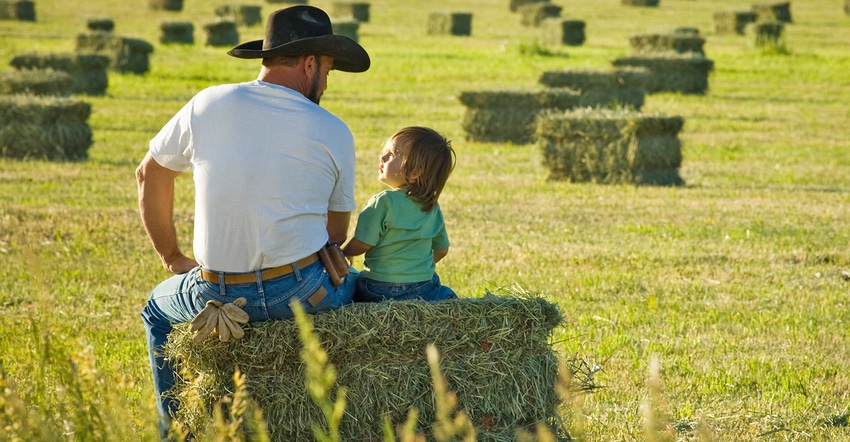
One of the simplest tools in estate planning is transfer by title.
In Missouri, title takes precedence over other transfer methods, according to Darla Campbell, University of Missouri Extension agriculture business specialist. She explains that if there is a conflict with a title having someone's name on it and the same property being left in a will to someone else, the property would go to the person or entity named on the title.
However, property can be owned solely or by joint ownership. The forms of joint ownership are state-specific. In Missouri, they include tenants by the entirety, joint tenancy with right of survivorship, and tenants in common. In an article in MU's Ag Connection newsletter, Campbell explains the three different forms of joint ownership.
1. Tenancy by the entirety. This a form of ownership that can only exist between spouses. Each one owns an undivided 100%. She explains that if John and Jane Doe own 100 acres, one would not say John has 50 acres and Jane has 50 acres, because property cannot be sold without the consent of both spouses. In additions, creditors cannot go against an entirety's property just to satisfy the debt of one spouse. In the event of death, the surviving spouse remains as the sole owner of the property. This form of ownership is used as a means of avoiding probate, because the ownership change occurs as a matter of law.
2. Joint tenants with right of survivorship (JTROS). JTROS can be between any two or more persons, according to Campbell. They all have to own equal shares in the asset. If the ownership interests are not equal, then it is presumed to be tenants-in-common property. When a joint tenant dies, the interest automatically passes to and is divided among the surviving tenants. "The last person surviving automatically gets 100% of the property," she says.
3. Tenants in common. In this agreement, two or more people own an undivided interest in the property without having to have equal shares. Campbell says that each owner can determine who inherits his or her share. "This is a great tool for large estates, or for people who remarry and have kids from previous relationships that they want to transfer property to," she adds.
After becoming the sole property owner, Campbell says reconsidering the options to transfer property may be important. "For example, the sole remaining owner dies without a beneficiary deed, and the property has not been retitled to a trust, then the property would pass through probate," she says. If a will names who gets the property, it will still pass through probate.
Title is the simple way to transfer property — but as with most estates, it should be combined with other transfer tools like wills, probate, nonprobate, trusts, life insurance and gifts. All of these tools can help farmers achieve their estate planning goals.
For more information on estate planning, contact your local University of Missouri ag business specialist.
About the Author(s)
You May Also Like






